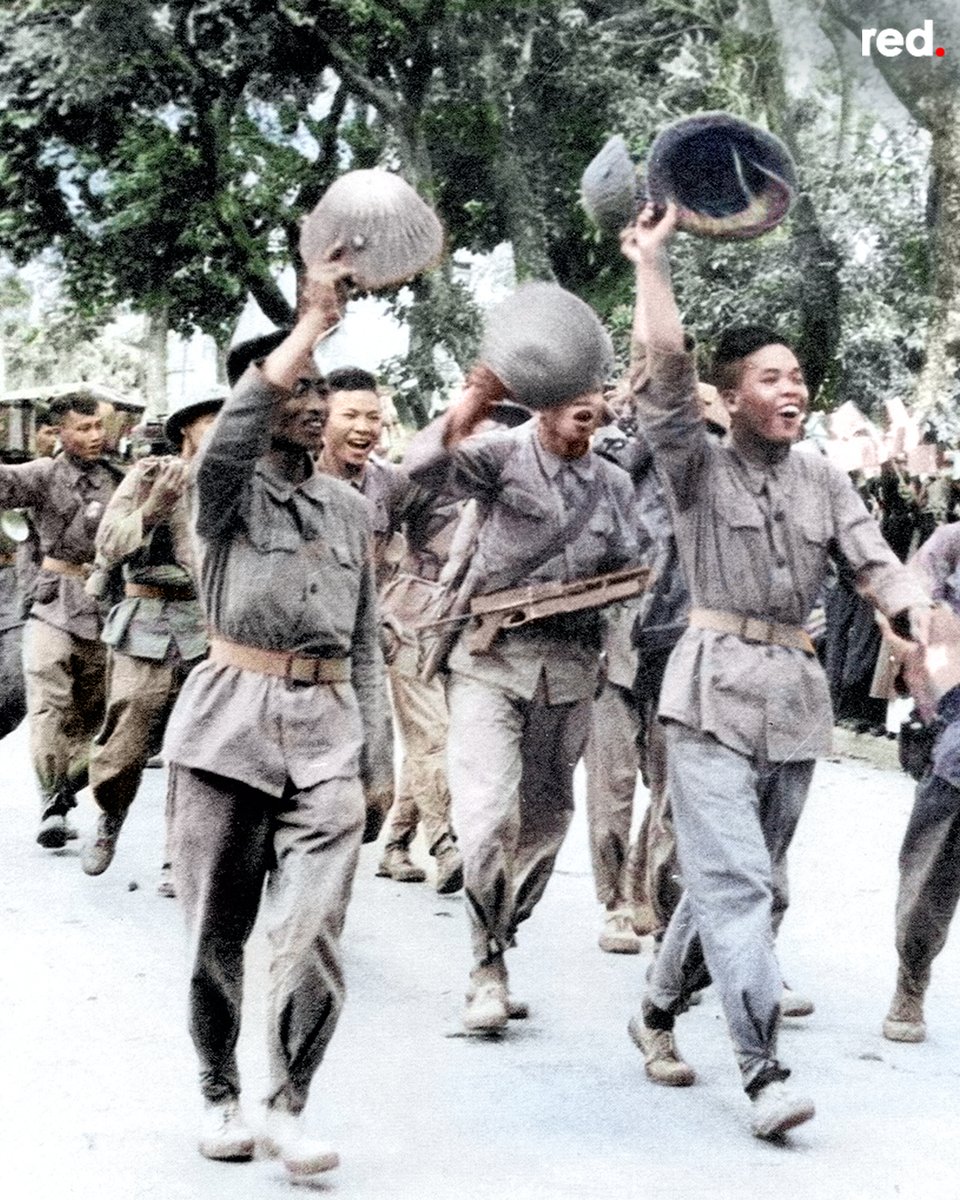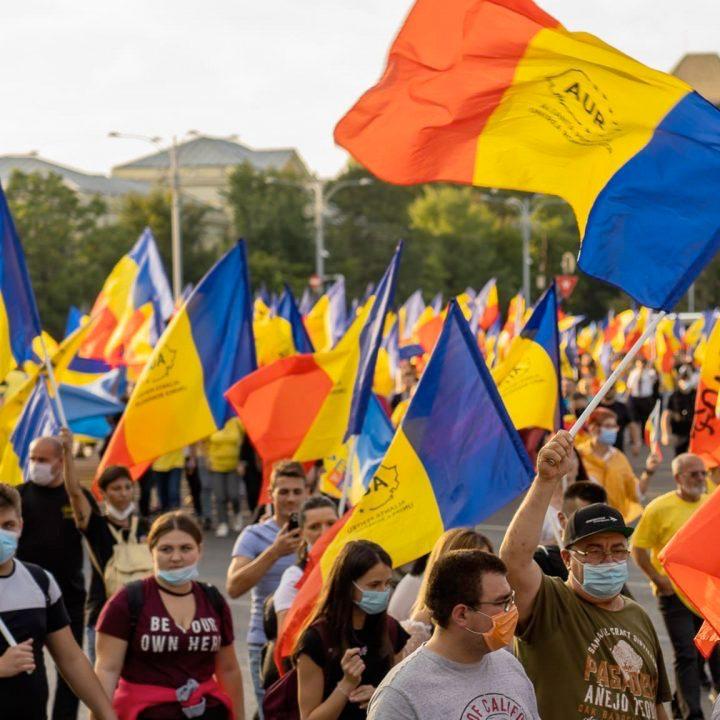On this day 58 years ago, the Dhofar Liberation Front proclaimed the beginning of their Marxist – Leninist armed struggle at a congress in Al-Kabir valley in Oman. It would mark the beginning of the Dhofar Rebellion. 

Their struggle was waged against the rule of Sultan Said Bin Taimur. Backed financially by the United Kingdom, Bin Taimur was known to treat Dhofar and its people as his personal fief. The people of Dhofar had no rights. 



The DLF was founded as an offshoot of the Movement of Arab Nationalists established in 1950 by PFLP founder George Habash, and at first operated as the Omani branch of the MAN until 1965. 

Empowered by the victory of the Yemeni NLF In 1967, the Dhofar Liberation Front renamed itself the PFLOAG and officially adopted Marxism-Leninism as its guiding philosophy. 



The political line of the PFLOAG was cemented at the 1968 Hamrin Conference. The struggle in Dhofar was no longer isolated, but one interconnected with the struggles of people across Asia, Africa, and Latin America. 



Militant feminism and women’s liberation was adopted as official policy in 1968, in the belief that the liberation of Omani society from feudal rule relied on the liberation and emancipation of women. 



As medicine and paved roads were banned under Bin Taimur’s role, the PFLOAG (later the PFLO) spent significant resources improving the infrastructure of Dhofar, building schools and hospitals for the poor and needy. 

Bin Taimur was overthrown by his son Qaboos in 1970, and immediately began a series of reforms meant to weaken support for the PFLO. The coup was backed by the British, as they perceived Bin Taimur to be a liability. 

Despite the coup, the Dhofari revolution continued well into the 1970s. In 1973, the Shah of Iran sent 5 thousand troops to Oman to assist the Sultan’s forces, turning a local war into a regional war. 

After facing multiple setbacks on the frontline, the remaining PFLO fighters retreated to and settled in neighboring South Yemen in 1976. The Dhofar Rebellion was officially declared defeated that same year. 



• • •
Missing some Tweet in this thread? You can try to
force a refresh

























